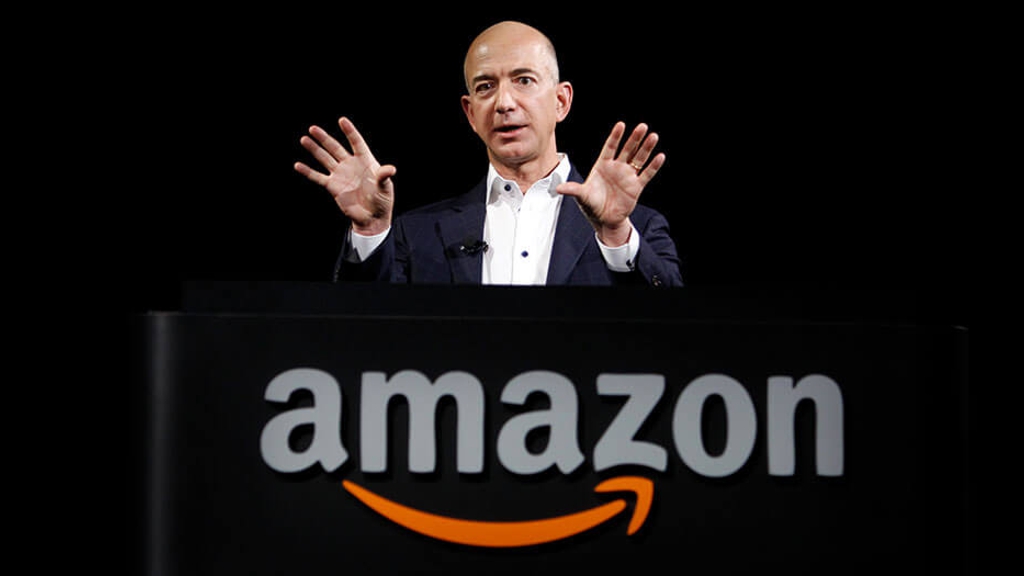The president-elect’s vision is drawing attention amid widespread concern over housing and middle-class prosperity.
On the campaign trail, President-elect Donald J. Trump outlined many big plans, from achieving energy dominance to carrying out the largest deportation operation in American history. Now, as his administration begins to take shape, enthusiasm is building for Trump’s proposed solution to the housing crisis: chartering new “Freedom Cities” using millions of acres of what is currently federal land.
“We’ll actually build new cities in our country again,” Trump said in the 2023 “Agenda 47” video announcing his plan, which hinges on a contest to create up to 10 such cities.
A year and a half later, in the lobby of a D.C. hotel, Nick Allen was enthusiastic about that vision.
“When there are new cities that are built in the U.S., new industries can form, and a new middle class can emerge,” he told The Epoch Times.
Allen, 31, is a cryptocurrency investor and the proprietor of Sovereign House, a cultural events space. While he said he has no financial stake in prospective Freedom Cities, the Frontier Foundation, of which he is a member, has become a very public booster of the idea.
Meanwhile, some early skeptics of Trump’s Freedom Cities vision are changing their tune.
In March of 2023, Jeffrey Mason of the Charter Cities Institute wrote an article for the Manhattan Institute’s City Journal casting doubt on Trump’s plan, “Freedom Cities Won’t Likely Be American.”
These days, though, Mason sounds more hopeful.
“The outsized role that the tech community is probably going to play in this administration has generally made me more optimistic about the potential for doing some version of Freedom Cities,” he told The Epoch Times.
Nolan Gray, research director of California YIMBY, noted in a recent Substack article that many others in the YIMBY (“yes-in-my-backyard”) pro-growth movement are wary of Freedom Cities. He argued that the idea is not so far-fetched as some believe.
“The federal government really does own a lot of land well-suited to housing—and is uniquely positioned to build it, given its insulation from local zoning and complaining local NIMBYs [“not-in-my-backyard”],” Gray wrote before detailing where he thinks Freedom Cities could be sited.








